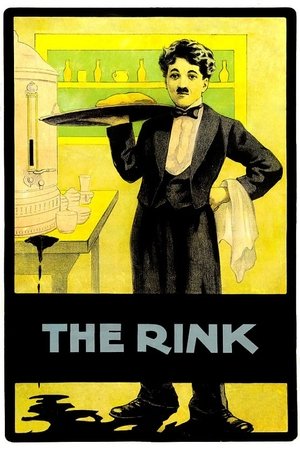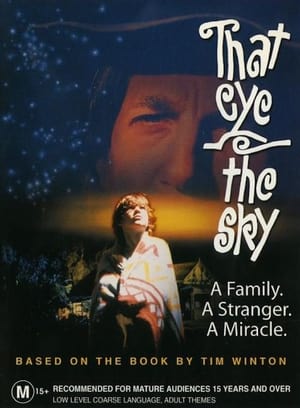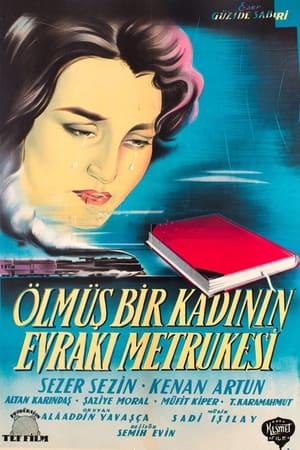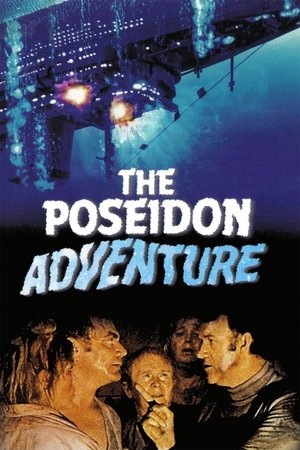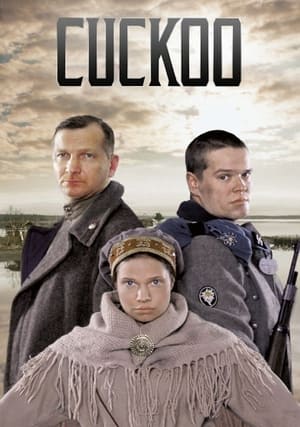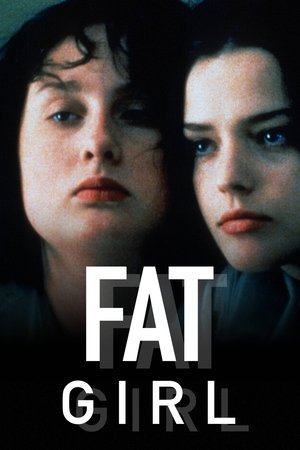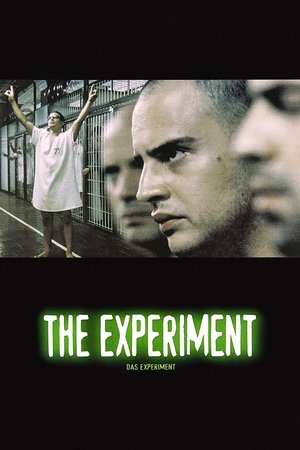Overview
On a quiet street in Helsinki, Sachie has opened a diner featuring rice balls. For a month she has no customers. Then, in short order, she has her first customer, meets Midori, a gangly Japanese tourist, and invites her to stay with her.
Reviews
Although the two countries are located very far away from each other, there is a special link between Finland and Japan. After living in Finland for a few years, I have come to think of the Finns as the "Japanese of Europe" for their culture that seems alien to the rest of the West, a very reserved and homogeneous society that foreigners find nearly impossible to enter. In Japan, Finnish exports like the designers Ittala and Marimekko and the Moomins children's books have proved huge successes. The Japanese film KAMOME DINER celebrates this kinship by offering native audiences a fish-out-of-water film about Japanese women in Helsinki, but on universal themes that could appeal to viewers in Finland and beyond. The film is director Naoko Ogigami's adaptation of a novel by Yôko Mure.
As the film opens, we meet Sachie (Satomi Kobayashi), who has inexplicably decided to move from Japan to Finland and open a bare-bones eatery. That she has decided to serve rice balls (onigiri), a Japanese dish virtually unknown to the rest of the world, instead of the usual sushi or tempura only makes the premise all the more absurdist. After a month, she finally gets her first customer, but it is only a local fan of Japanese culture (Jarkko Niemi) who, by long tradition, gets his coffee for free everyday since he was its first patron, and he never brings any friends. When she meets with Midori (Hairi Katagiri), a Japanese woman who has just arrived in Finland and seems lost in life, Sachie decides to bring her on at the diner. They make an odd couple, these two, as as Sachie is petite and self-confident, while Midori is tall (gigantism tall) and awkward. Nevertheless, they gradually turn their restaurant into a success while discovering something of the Finnish society around them.
Any filmmaker taking on the subject of Finland is likely to pay homage to Aki Kaurismäki, Finland's most prominent filmmaker. Certainly the design of the diner, with its austerity, bleached pastel tones, and old-time decor is a typically Kaurismäkian touch. Some of the dry humor is also comparable to the the Finnish auteur, and a minor character is played by Markku Pelota, part of Kaurismäki stable. However, mainly this film lacks the bleakness or bitterness of Kaurismäki's work, and has a more straightforwardly heartwarming and cute ambiance.
As a Helsinki resident who knows the quirks of the culture and can recognize all of the shooting locations, I found this an occasionally amusing film, something worthwhile. However, it doesn't feel very deep, and it may be that its themes of female solidarity will prove accessible mainly to female viewers (author Yôko Mure has a mainly female readership in Japan). There is also the frustration that, in spite of the film's attempt to attract a female audience as well, some aspects of it must be based in references to Japanese culture that foreigners won't understand. For example, is Jarkko Niemi's character being lampooned as a typical Western "wapanese", or is the tension between him and Midori based on some other factor?

 102 min
102 min
 7.4
7.4
 2006
2006
 Finland
Finland
 CRCulver wrote:
CRCulver wrote:


